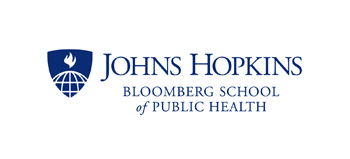Cervical Cancer Death Rates Higher Among Older and Black Women
Johns Hopkins Bloomberg School of Public HealthA woman’s risk of dying of cervical cancer is higher than long believed, particularly among older and black women, new Johns Hopkins Bloomberg School of Public Health-led research suggests.
